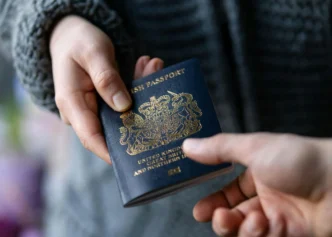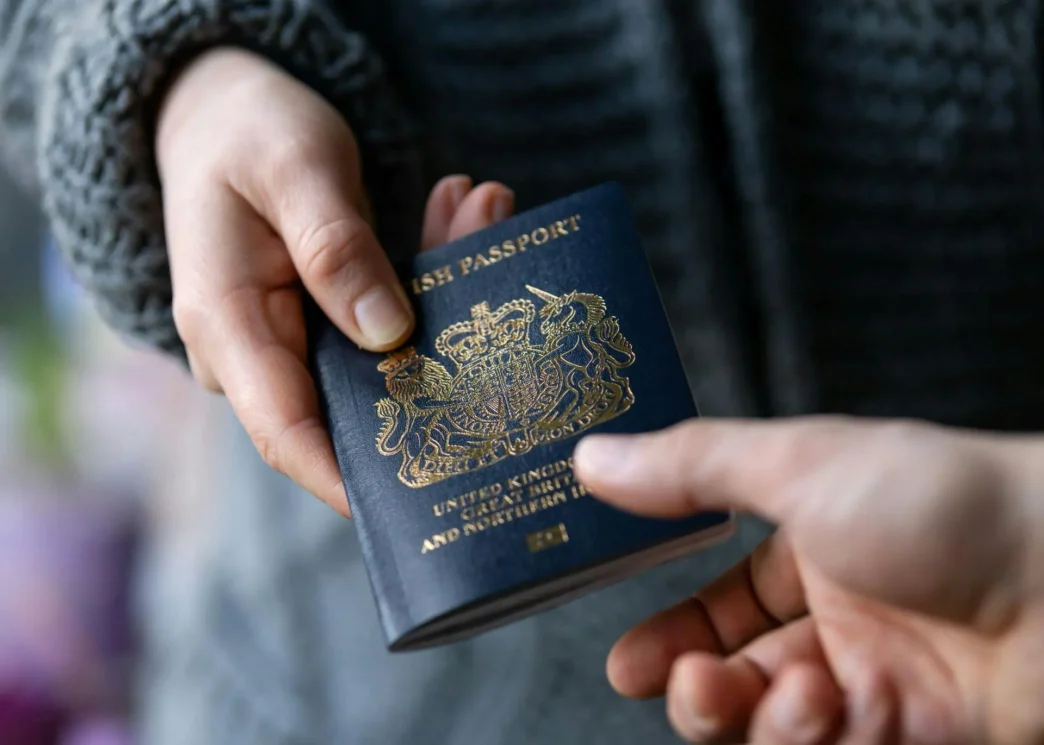In today’s volatile global economy—marked by inflation, political polarization, rising debt levels, and unpredictable geopolitical shifts—having a second citizenship is not just a luxury, but increasingly a strategic asset. Whether for wealth preservation, personal freedom, or business agility, second citizenship offers advantages that are more relevant now than ever before.
Key Reasons Why a Second Citizenship Makes Sense in 2025
1. Geopolitical and Economic Uncertainty
With ongoing conflicts, trade wars, and financial instability, a second citizenship provides a safety net. It gives individuals the ability to relocate themselves or their families quickly in the event of a crisis—be it war, authoritarian policies, or economic collapse.
2. Global Mobility and Travel Freedom
A powerful second passport can expand visa-free travel significantly. Citizens of countries with limited mobility—especially in Africa, Asia, or the Middle East—can benefit from passports that offer easy access to Europe, North America, or major financial hubs.
3. Tax and Wealth Planning
Many high-net-worth individuals seek second citizenships in jurisdictions with favorable tax systems—such as no capital gains, no inheritance tax, or territorial taxation. This is especially relevant as governments worldwide raise taxes to recover from debt burdens and post-COVID spending.
4. Access to Better Healthcare, Education, and Infrastructure
A second citizenship can unlock world-class healthcare and education, along with more stable governance and legal systems. For families, this is a long-term investment in their future quality of life.
5. Business Opportunities and Banking Access
Having citizenship in a reputable jurisdiction may provide easier access to global banking, investment platforms, and even new customer markets. It also allows entrepreneurs to hedge against restrictions in their home country.
Caution: Things to Consider
- Legal obligations: Some countries restrict dual citizenship or require military service or tax reporting even if you reside abroad.
- Cost: Citizenship-by-investment programs can be expensive, with minimum investments ranging from $100,000 to over $2 million.
- Due diligence: Not all second passport schemes are equal—some may be flagged for money laundering or carry geopolitical baggage.
Conclusion
Yes, in the current economic and geopolitical climate, having a second citizenship is a smart and strategic move—especially for individuals who value mobility, financial flexibility, and security. Whether you’re a global entrepreneur, investor, or simply someone looking for a backup plan, second citizenship offers not just peace of mind, but real-world advantages in a fast-changing world.
















